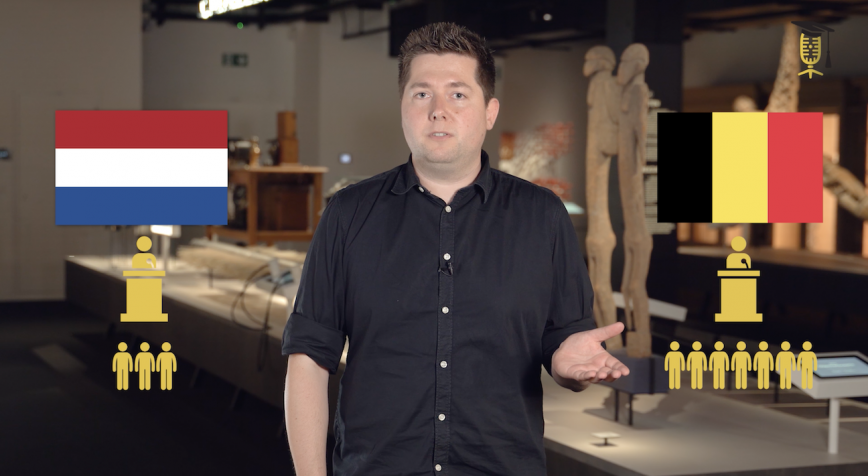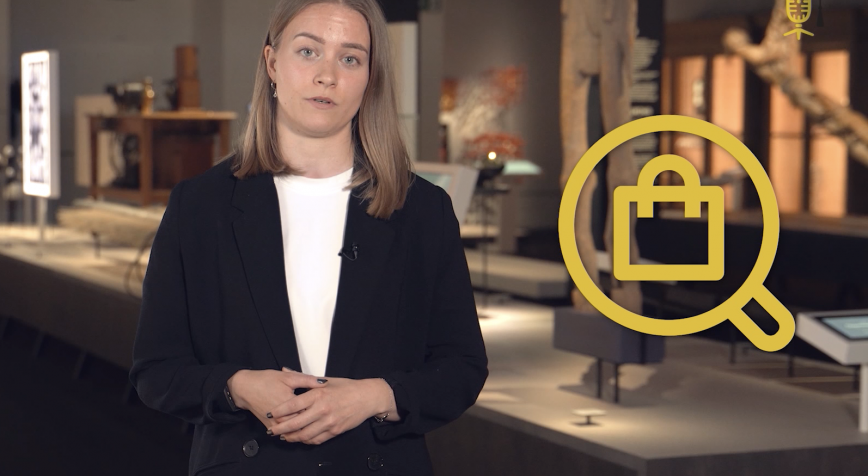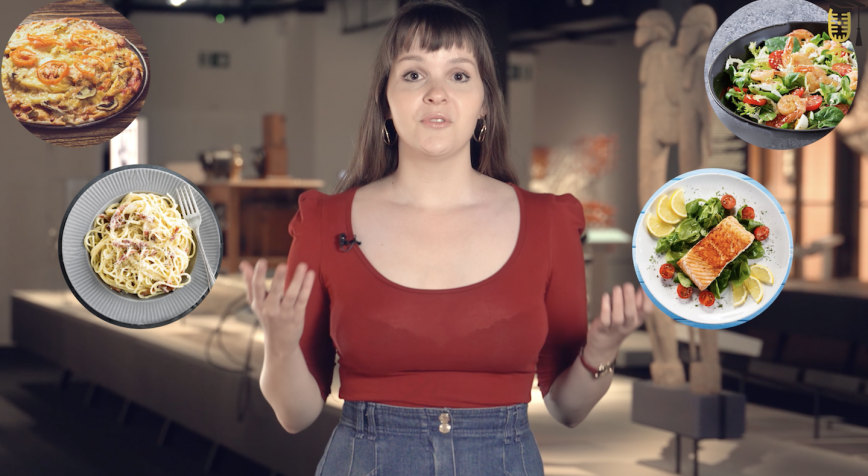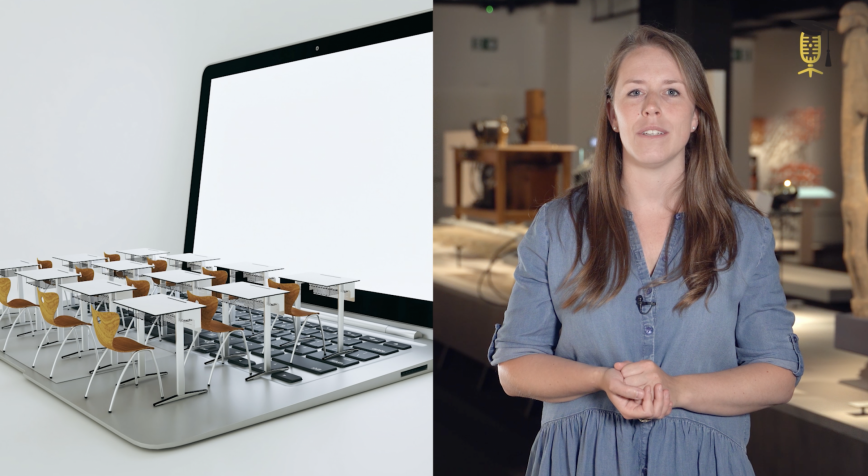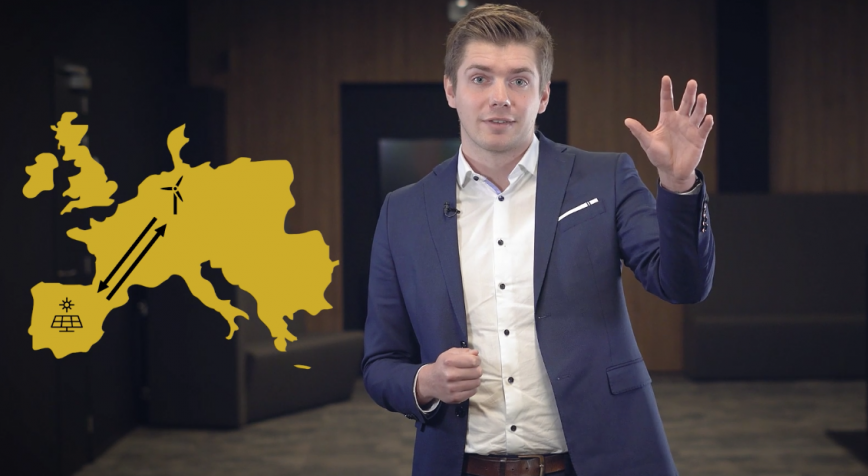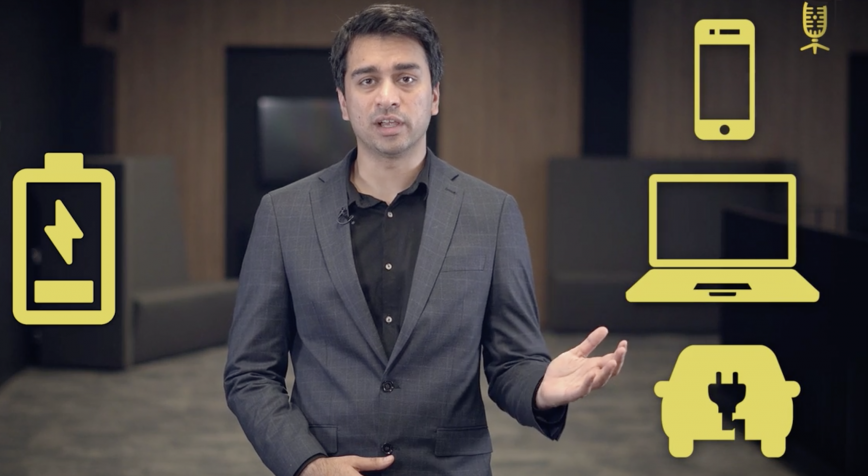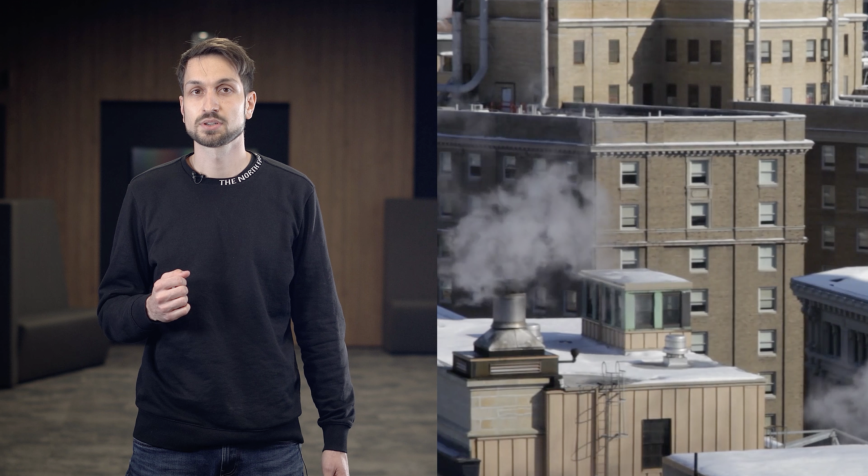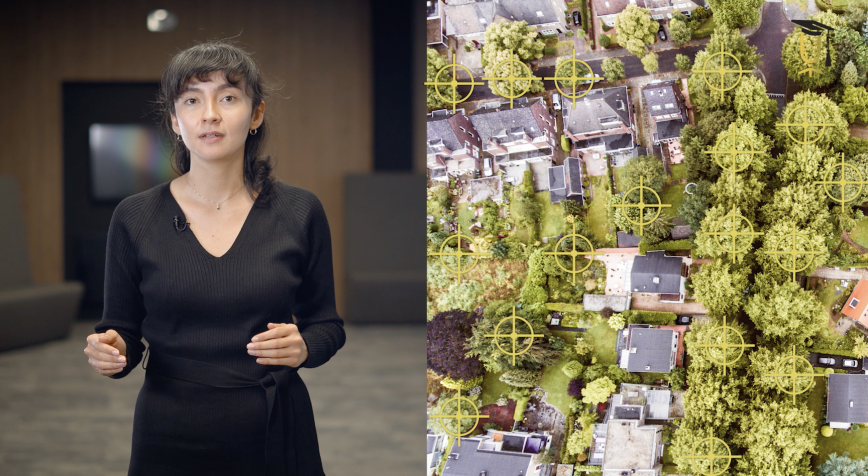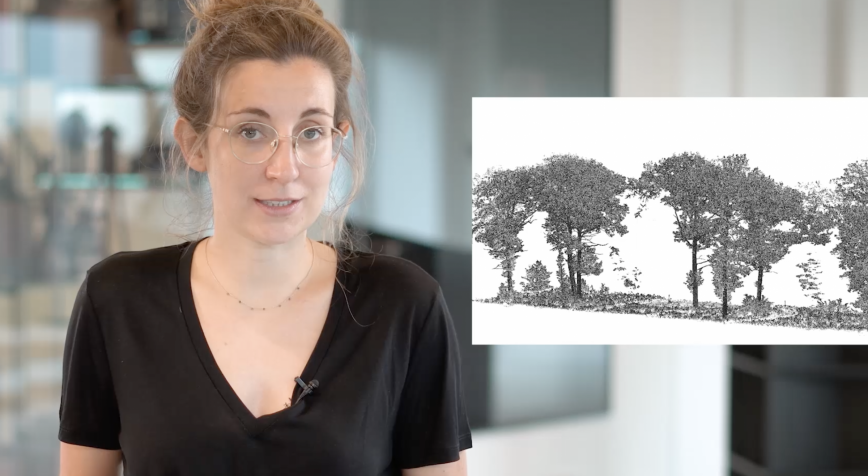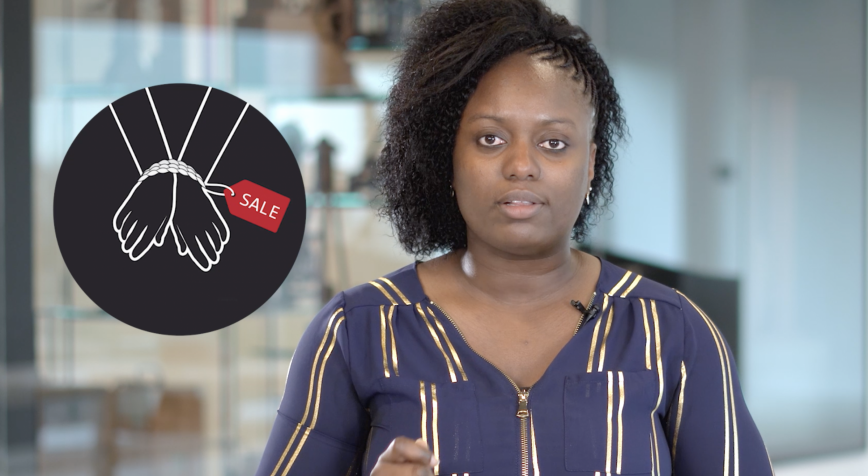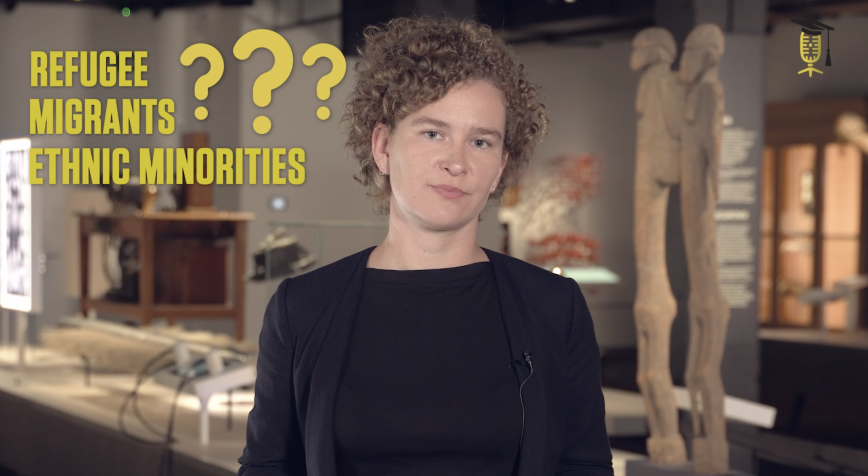
UGent
Equitable drug treatment for migrants and ethnic minorities
Refugees, migrants and ethnic minorities face complex problems, such as trauma, a loss of social network as well as discrimination. As a result, this can lead to mental and drugs problems. But do these people receive equitable drug treatment when they need it, here in Flanders? That's what Charlotte De Kock (Ghent University) devotes her research to.
